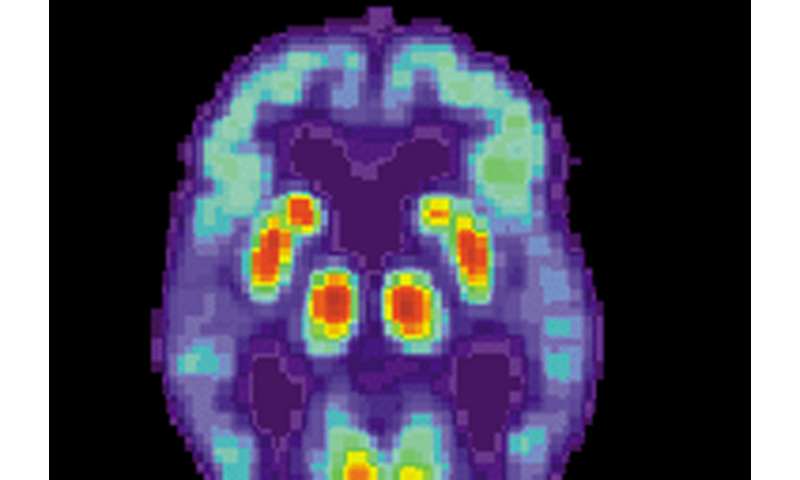
The first published data from the Anti-Amyloid Treatment in Asymptomatic Alzheimer’s Disease (A4) study supports the hypothesis that higher levels of the amyloid protein in the brain represent an early stage of Alzheimer’s disease. Results of an analysis of participant screening data for the study, published April 6 in JAMA Neurology, also show that amyloid burden in clinically normal older adults is associated with a family history of disease, lower cognitive test scores, and reports of declines in daily cognitive function. Major funding was provided by the National Institute on Aging (NIA), part of the National Institutes of Health; all data is now freely available to the broader research community.
…


























